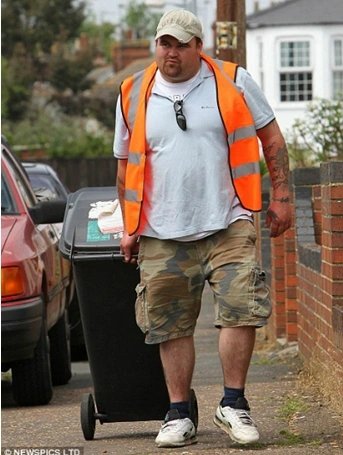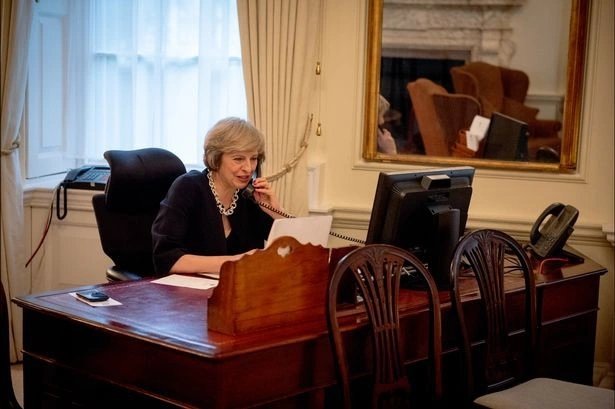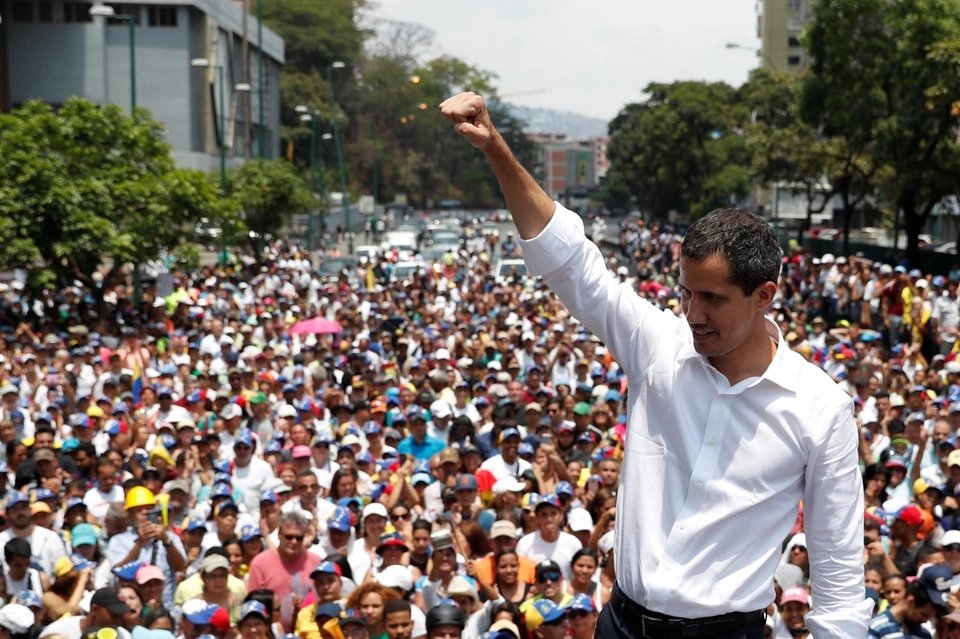
The American Academy of Pediatrics said that as of early September, the country recorded nearly 5.3 million children and adolescents positive for nCoV since the beginning of the pandemic, accounting for 15.5% of the total number of infections.
However, after a downward trend in early summer, the number of infections in US children has increased exponentially and accounted for 28.9% of the total number of infections from September 3 to September 9, equivalent to 243,000 cases.
In China, a new outbreak in Fujian province was also discovered on September 9, after two students tested positive in a routine nCoV test at an elementary school in Tien Du district, Phu city.
In just one day, from September 11 to September 12, the number of nCoV infections in Fujian province tripled, spreading to cities other than Putian.
A 14-year-old boy was vaccinated with Cuba’s domestic Covid-19 vaccine in Havana on June 29.
Compared to the original nCoV strain, the Delta variant is at least two times more infectious, leading to an increasing number of infections in susceptible subjects, across all age groups.
There is no evidence that the Delta variant is targeting children more than other age groups.
However, Covid-19 is still a mild illness in the vast majority of children.
Among US states reporting data, children have accounted for only 1.6 to 4% of all Covid-19 hospitalizations since the pandemic began.
Hospitalizations in children are often for reasons other than Covid-19 complications.
According to experts, the risk of serious illness in children is lower thanks to their stronger innate immune response compared to adults.
However, some children who have been infected with nCoV may later develop a rare but serious condition called pediatric multisystem inflammatory syndrome, although the cause is unknown.
Dr. Catterina Ferreccio, an epidemiologist at the Covid-19 Advisory Committee of the Chilean Ministry of Health, commented that it is possible that at some point new strains will appear that will defeat the natural defenses against the virus.
So, despite studies showing that children and adolescents are less likely to spread nCoV at the population level and that prioritizing vaccination of adults helps protect the whole community better, some countries still
“It may be true that most children will be fine if infected with the virus, but some will not be,” said Chilean pediatrician Lorena Tapia, pointing out that 52% of school-age children in
The US has allowed Covid-19 vaccination for children over 12 years old and is waiting for further research on the impact of the Pfizer vaccine on children aged 5-11.
Experts say any recommendations need to weigh the risk of harm from Covid-19 and the risk of vaccination, as well as the broader benefits of vaccines such as reducing community transmission and avoiding lockdowns.
`As a grandmother of five grandchildren, I have seen how difficult it is for children to stay at home. This is even worse for low-income families,` said epidemiologist Ferreccio.
`With schools closed for long periods of time, domestic violence rates are increasing and taking a terrible toll on children. Schools are safe places for many children. Vaccinating children will help alleviate






